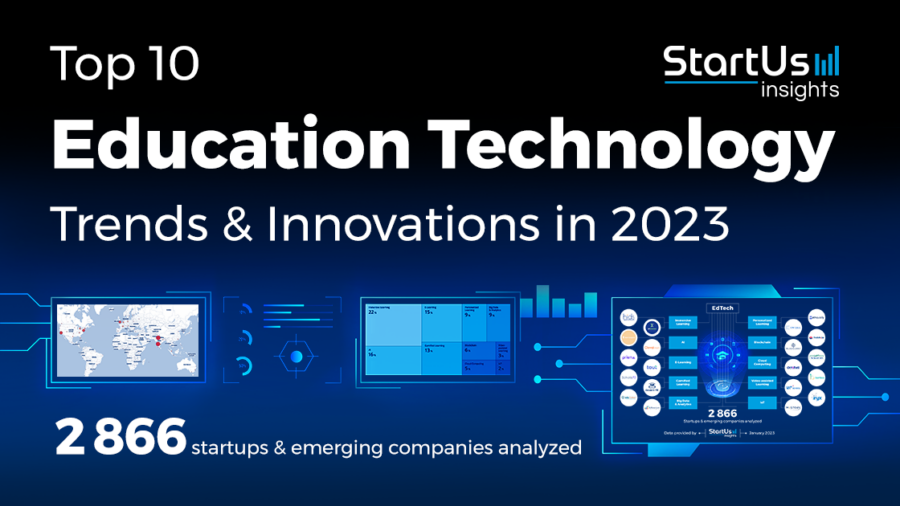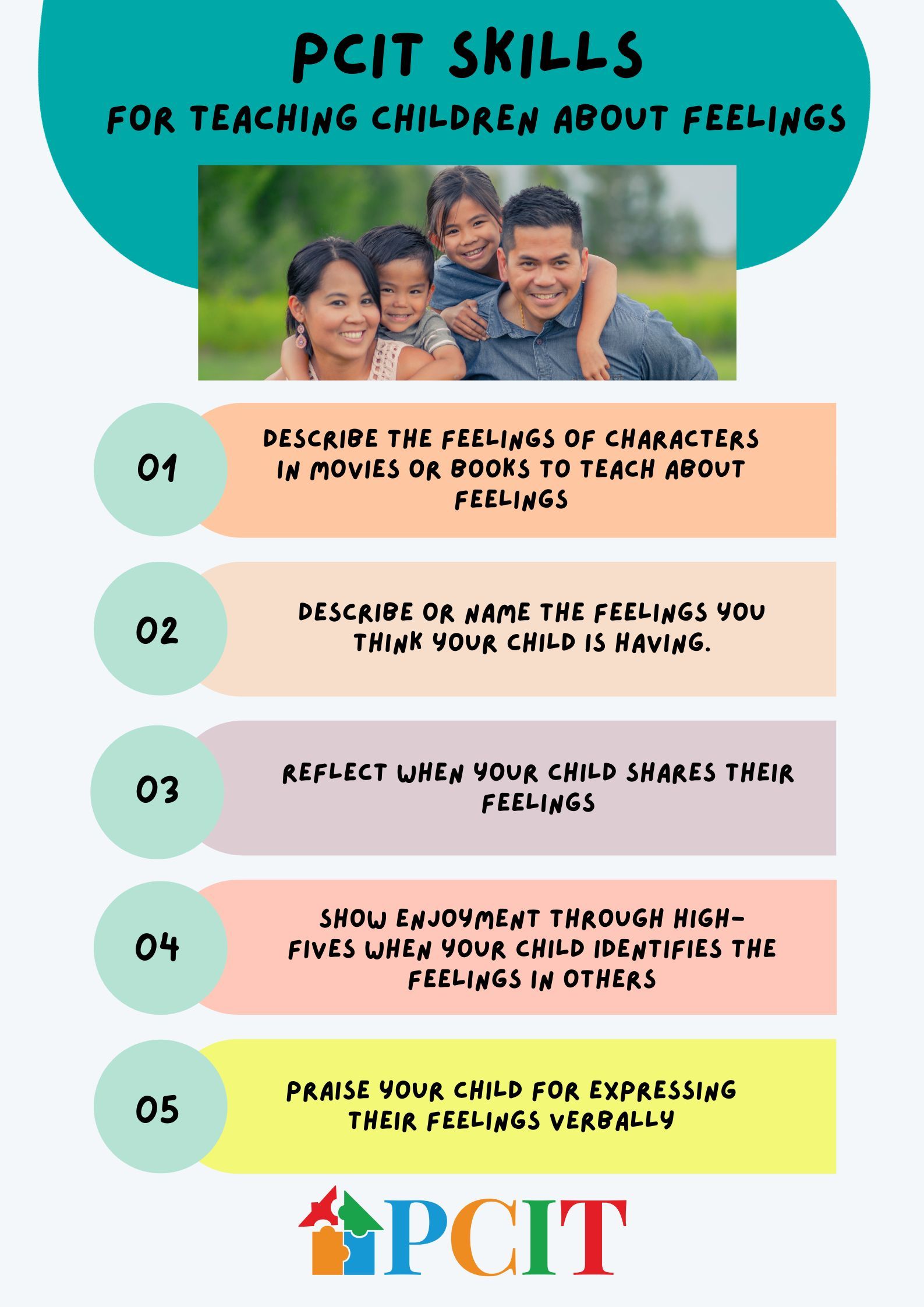
EdTech Trends Shaping Future Learning
The realm of education is undergoing a rapid transformation, propelled by the continual evolution of education technology. As we navigate the future, several key EdTech trends are shaping the landscape, revolutionizing the way students learn and educators teach.
Immersive Learning with Augmented and Virtual Reality
Augmented Reality (AR) and Virtual Reality (VR) are revolutionizing immersive learning experiences. AR overlays digital content onto the real world, enhancing real-time interactions. VR, on the other hand, immerses users in a simulated environment, creating a dynamic learning space. These technologies provide hands-on experiences, from virtual field trips to interactive simulations, expanding the possibilities of experiential learning.
Artificial Intelligence (AI) for Personalized Learning
Artificial Intelligence is at the forefront of personalized learning. AI algorithms analyze individual learning patterns, strengths, and weaknesses to tailor educational content. This adaptive learning approach ensures that each student receives a personalized curriculum, allowing them to progress at their own pace. AI also facilitates smart tutoring systems, providing instant feedback and support to enhance the learning process.
Gamification Enhancing Engagement and Motivation
Gamification has emerged as a powerful tool for enhancing student engagement and motivation. By incorporating game elements such as badges, points, and challenges into the learning experience, educators can create a more interactive and enjoyable environment. Gamified platforms captivate students’ attention, promoting a sense of accomplishment and fostering a positive attitude toward learning.
Blended Learning for Flexibility and Diversity
Blended learning, combining traditional classroom instruction with online components, continues to gain prominence. This approach offers flexibility, allowing students to engage with content both in class and through digital platforms. Blended learning caters to diverse learning styles, providing a balance between face-to-face interactions and the advantages of online resources, creating a dynamic and adaptable learning environment.
Mobile Learning Supporting Anytime, Anywhere Education
Mobile devices are ubiquitous, and mobile learning has become a cornerstone of education technology. With the rise of smartphones and tablets, learning is no longer confined to the classroom. Mobile learning platforms enable students to access educational content anytime, anywhere, fostering a culture of continuous learning and accommodating the on-the-go lifestyle of modern learners.
Blockchain for Secure Credentials and Transparent Records
Blockchain technology is transforming the way academic credentials are stored and verified. Blockchain creates a secure and tamper-proof system for documenting and verifying educational records. This innovation ensures transparency, reduces the risk of credential fraud, and simplifies the verification process for employers and academic institutions.
Robotic Process Automation (RPA) in Administrative Tasks
Robotic Process Automation is streamlining administrative tasks in educational institutions. RPA automates routine administrative processes, such as grading, scheduling, and data entry, allowing educators to focus more on personalized teaching and student interaction. This efficiency contributes to the overall effectiveness of educational institutions.
Data Analytics for Informed Decision-Making
Data analytics is playing a pivotal role in education by providing actionable insights for informed decision-making. Learning Management Systems and analytics tools analyze vast amounts of data to track student performance, identify trends, and assess the effectiveness of teaching methods. Educators can make data-driven decisions to enhance the learning experience and address specific needs.
Cybersecurity Measures in EdTech Platforms
As educational institutions increasingly rely on technology, cybersecurity has become a critical consideration. EdTech platforms are investing in robust cybersecurity measures to protect sensitive student data and ensure the integrity of online learning environments. Security protocols, encryption, and continuous monitoring are integral components of safeguarding educational technology platforms.
The Future: Tech-Enhanced Learning Ecosystem
In conclusion, these EdTech trends collectively contribute to the creation of a tech-enhanced learning ecosystem. As we embrace immersive experiences, personalized learning pathways, and innovative technologies, the future of education is dynamic and inclusive. EdTech is not merely a supplement but a transformative force, reshaping the way knowledge is acquired and shared. Navigating this evolving landscape, educators and students alike are poised to benefit from the incredible possibilities that education technology trends offer.
Explore more about Education Technology Trends at Education Technology Trends.

